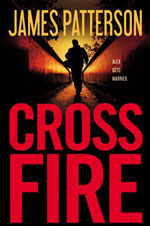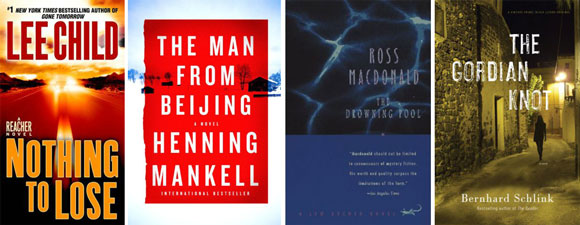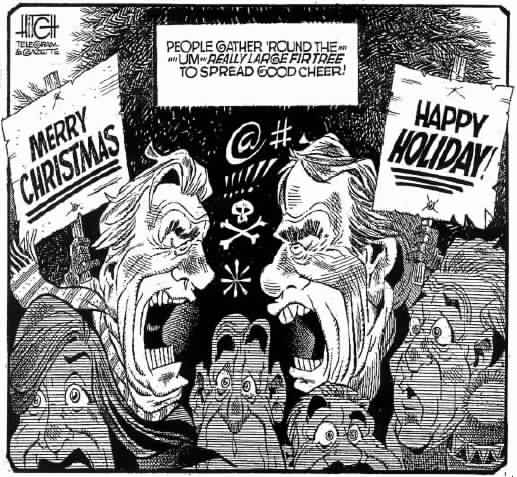
Back in December, while writing a Christmas greeting for one of our denominational websites, I started to write, “Happy Holidays.” But I chickened out and used “Merry Christmas” instead.
This year, conservatives–and we United Brethren are mostly conservatives–made a really big deal out of saying “Merry Christmas.” Barack Obama was chastised for saying “Happy Holidays” instead of “Merry Christmas” on something or other. (Even though, as our chronicler of petty outrage, Jon Stewart, showed, all other recent presidents have done the same thing.) A governor (was it Rhode Island?) was lambasted for doing the same thing. Newt Gingrich made a point of wishing everyone–well, not everyone, but at least his base–a Merry Christmas at the beginning of a recent debate. Pander pander.
Saying “Merry Christmas” has become a litmus test of orthodoxy, a show of rising above the PC police (just as wearing a flag pin became a silly litmus test of patriotism during the last Presidential campaign). Among conservatives, it became politically INcorrect to say “Happy Holidays.” I knew that if I wrote “Happy Holidays” on a denominational website, I would find myself under assault from some of our constituents, calling me liberal or a compromiser or ashamed of my Lord’s name. Junk like that. So I wrote “Merry Christmas.” Pick your fights wisely, is my rule.
But I grew dismayed as I watched the lunacy of turning “Merry Christmas” into a fetish. The hysteria was continually pumped up by that watchdog of Christian orthodoxy, FoxNews, which was ever on the lookout for instances of Happy Holidays, just as it once zoomed in on lapels in search of flag pins.
Through it all, I realized something: I prefer “Happy Holidays.”
Why? Because it’s more accurate. “Merry Christmas” applies to one day, December 25, celebrated only by Christians. But this is a season of multiple holidays.
Obviously, we have Christmas and New Year’s, and it seems nice to wish people happiness on both holidays. Then you have Hanukkah for the Jews–why wouldn’t I want to include a wish of happiness for them on their series of holidays? And Boxing Day in Canada and the UK, and Kwanzaa for African-Americans, and Las Posadas for Mexicans (a festival surrounding Joseph’s search for a place to sleep in Bethlehem). For Swedes, St Lucia Day (Dec. 13) is a big deal. Epiphany, on January 6, commemorates Jesus being presented to the Wise Men. For whichever holiday(s) you celebrate, I wish you happiness. Not, “Merry Christmas, but for any other day, you’re on your own.”
The holiday season goes way beyond the solitary December 25. America is a pluralistic society, which works only because we gladly make room for people of all faiths and traditions. Why is it wrong for a Christian to include them all in a generic “Happy Holidays” wish?
So a retrospective, belated, and therefore somewhat cowardly “Happy Holidays” to all of you. And if you want to question my patriotism or Christianity, then may you, amidst your happiness, choke on some fruitcake.
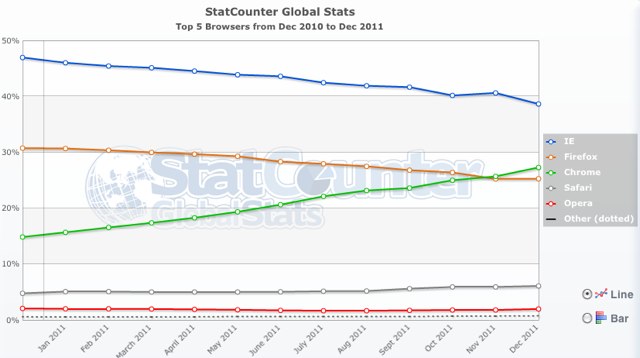



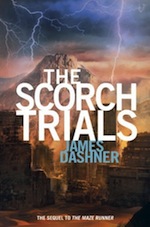
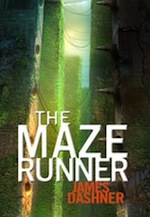 James Dashner wrote the very popular young adult “Maze Runner Trilogy.” It starts with a book published in 2009 called “The Maze Runner,” and concludes with the 2011 book “The Death Cure.”
James Dashner wrote the very popular young adult “Maze Runner Trilogy.” It starts with a book published in 2009 called “The Maze Runner,” and concludes with the 2011 book “The Death Cure.”
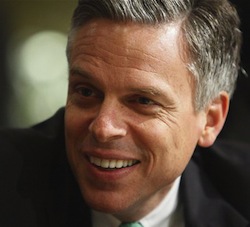 Although Jon Huntsman is the only GOP candidate I could definitely vote for, I don’t hold out much hope that he’ll win the nomination. He’s invested everything in New Hampshire, but things aren’t looking good there.
Although Jon Huntsman is the only GOP candidate I could definitely vote for, I don’t hold out much hope that he’ll win the nomination. He’s invested everything in New Hampshire, but things aren’t looking good there.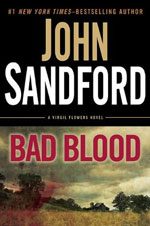 Bad Blood, by John Sanford (2010).
Bad Blood, by John Sanford (2010). 